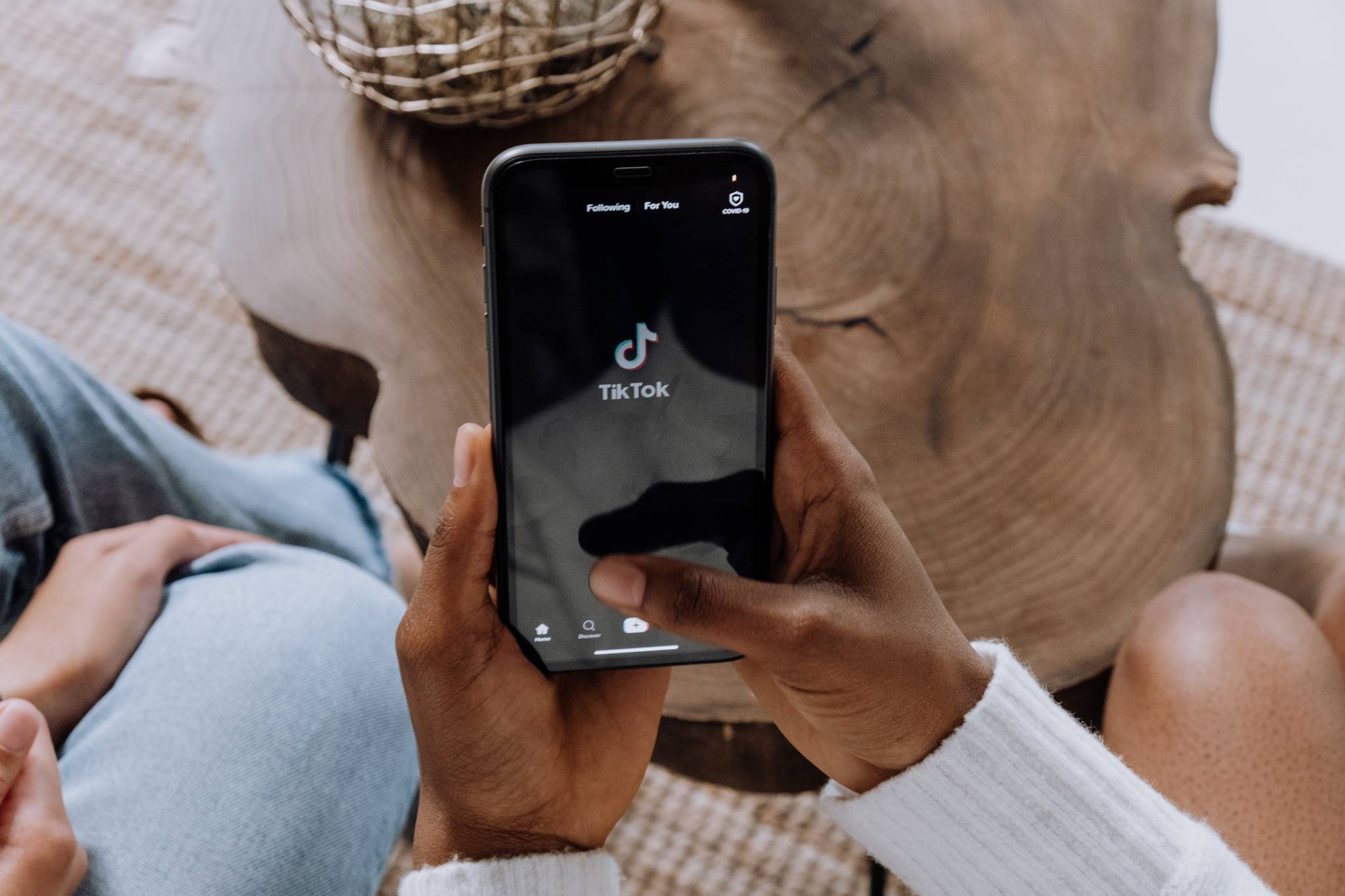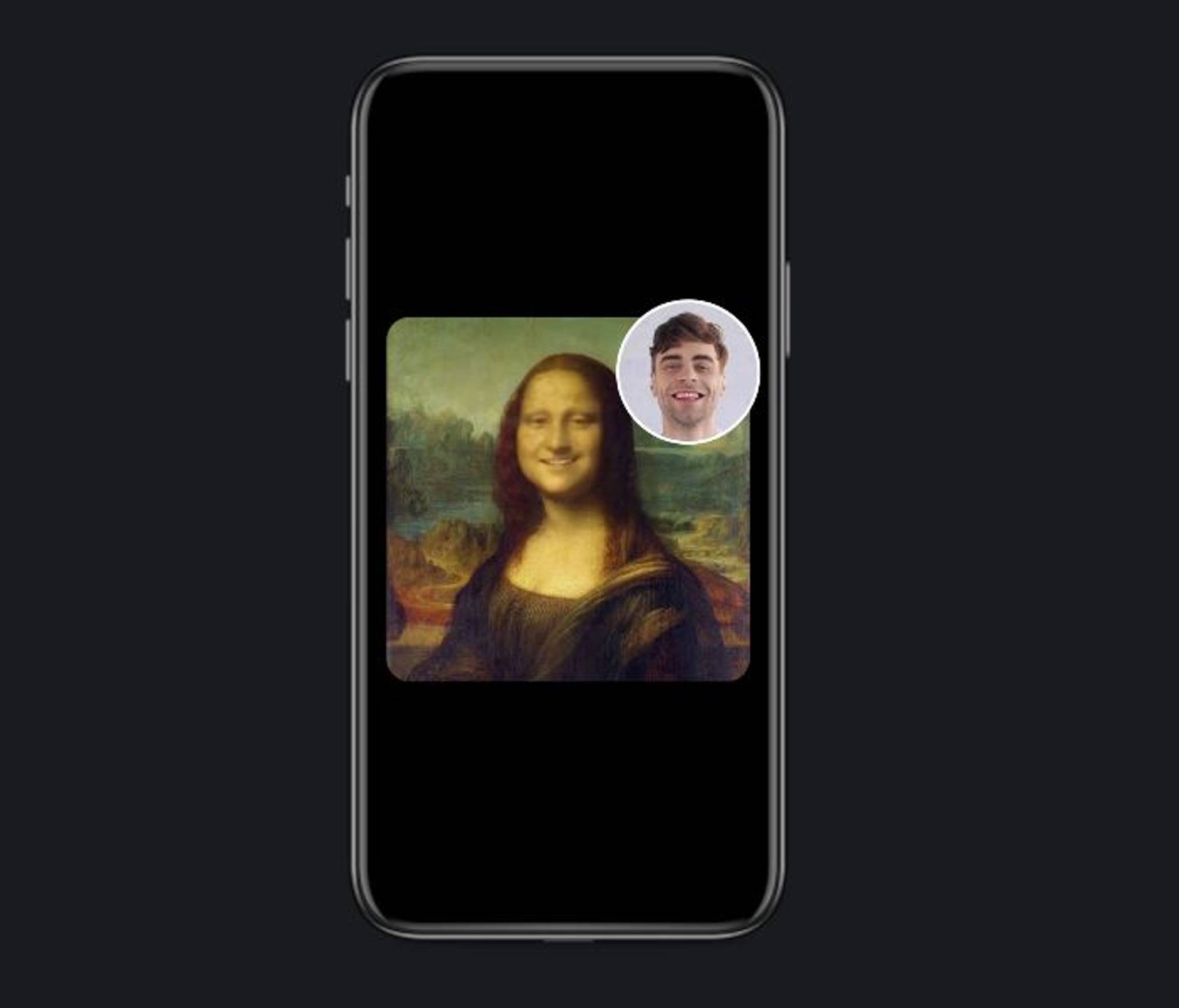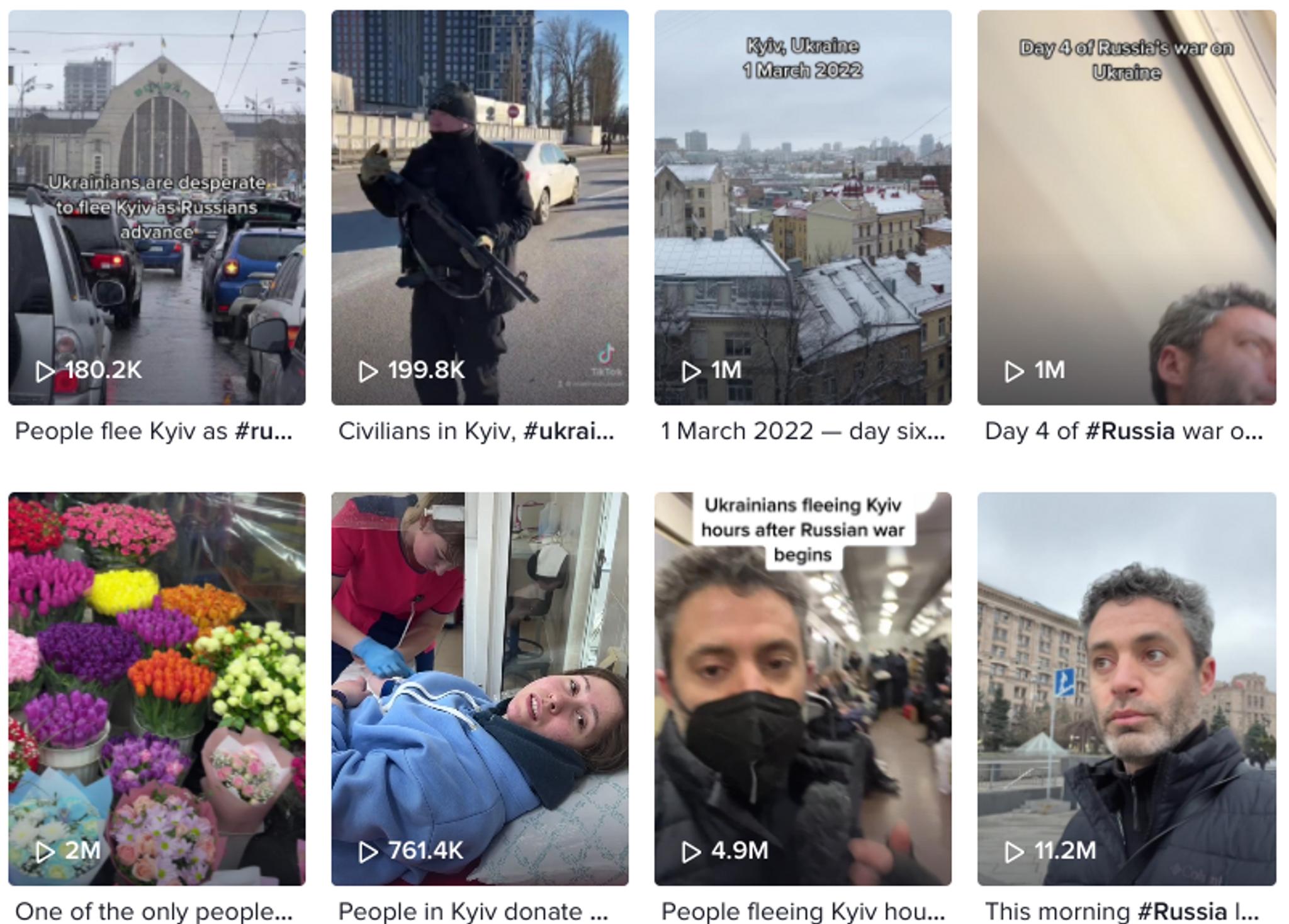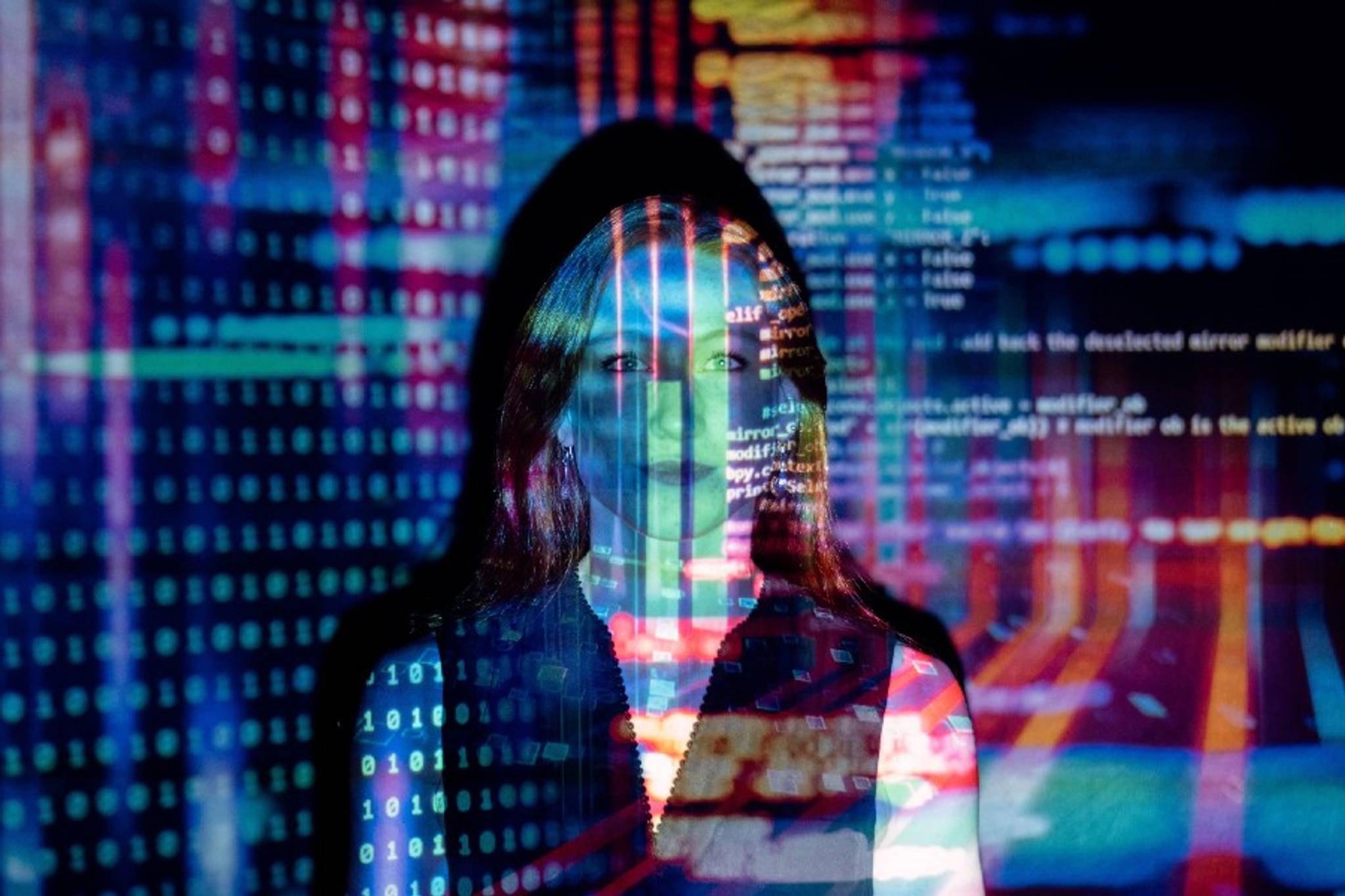Battling misinformation
The Ukraine-Russian conflict has shocked the world not least because it bears all the markers of full-scale, on-the-ground warfare. But it is the amorphous battle over information that makes this conflict thoroughly modern – and for Putin, disinformation is a favoured weapon. False claims that the war is a hoax, that people appearing in the news are crisis actors, and even a deepfake of Ukraine’s president have swept across social media.
With misinformation a feature of this crisis from the outset, major news outlets have been quick to respond – the BBC, CNN, and plenty of others have posted articles to guide audiences on how to spot fake news. But as we know from past events – such as Brexit, the Trump presidency, and COVID-19 – and worries about upcoming events including the Brazilian presidential election, the fight against misinformation is bigger than the sum of its parts, and encouraging individuals to be more vigilant will only ever amount to a whack-a-mole approach.
Social media companies and Big Tech, with the support of governments, have the opportunity to demonstrate bold digital citizenship by tackling misinformation at the source. People want decisive action in support of Ukraine, with 80% of Americans agreeing that brands should take a stance. But they need help sorting fact from fiction, with 75% overestimating their ability to spot fake news online. What does broad-scale, trailblazing action against disinformation look like? And how can brands play a decisive role in equipping people with the truth?















